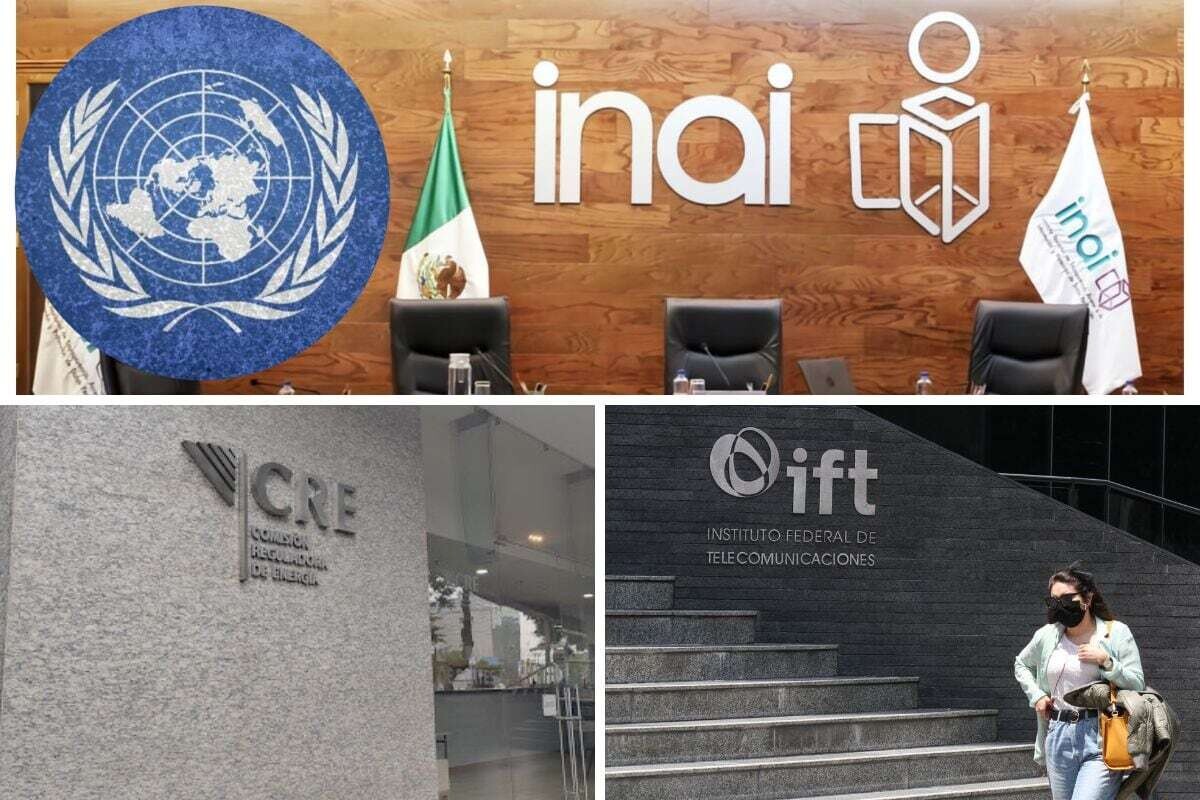
The Energy Regulatory Commission (CRE), by establishing mechanisms for the energy transition, has the capacity to improve the environmental quality of Mexicans. Its destiny lies with the Secretariat of Energy. On the other hand, the National Institute of Transparency, Access to Information and Protection of Personal Data (INAI) protects the personal data of citizens and provides information on the use of public resources.
The National Hydrocarbons Commission (CNH) ensures that the education system responds to the needs of society, fostering the necessary skills for integration into the labor market. In turn, the National Council for the Evaluation of Social Development Policy (Coneval) generates methodologies to measure multidimensional poverty and monitors social programs, offering rigorous diagnostics on social development in Mexico.
The Mexican Institute for Competitiveness (IMCO) recommends measures to ensure the operability of autonomous agencies in the event of a merger, guaranteeing their technical and operational autonomy. The disappearance and/or merger of seven autonomous agencies, such as INAI, Cofece, IFT, among others, generates uncertainty among affected employees.
For its part, Morena proposes to merge these agencies with secretariats or other government entities, seeking to generate significant savings. Despite the justifications for savings, the proposal has generated criticism and concern about potential impacts on transparency and democracy. Autonomous agencies, such as Cofece, play a fundamental role in consumer protection and in promoting economic competition in markets, contributing to the social progress of the country.














